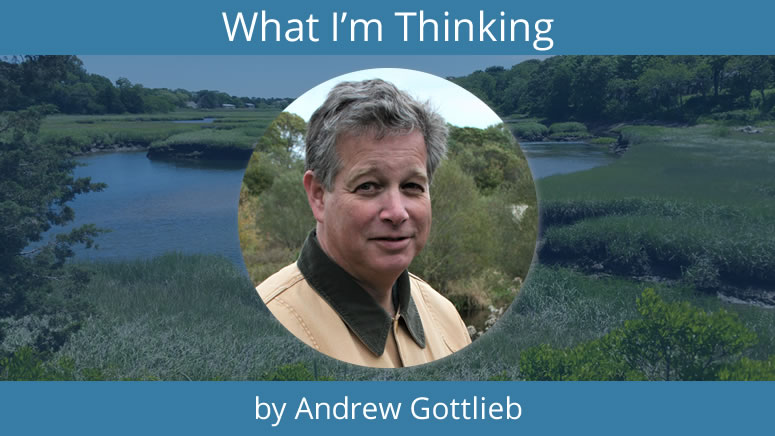Some things, say world peace, curing cancer, or affordable healthcare are really complicated, while many others are thought to be, but really aren’t. The questions about the wisdom of local initiatives to empower towns to control the application of pesticides and fertilizers are an example of something simple that gets characterized as complicated.
Excess nutrients, from stormwater that contains fertilizer runoff, are a documented source of water quality decline on Cape Cod. Pesticides applied to the ornamental lawns, trees and shrubs kill most things they come in contact with, including beneficial insects and pollinators and not just the advertised single species. We pay a high price in environmental quality for the green lawns and insect-free environments that people seem to want to impose on the landscape.
So far, the story is pretty straightforward and simple. It starts to seem messy when one realizes that communities lack the authority to self-determine and define how much, if any, fertilizers and pesticides to allow. The Commonwealth of Massachusetts has usurped this local control and placed all regulation of pesticides and fertilizers in the hands of the Department of Agricultural Resources (DAR). To be generous, DAR has a statewide view of regulation that fails to take into account the unique hydrogeology of the Cape and has set standards that are inadequate to protect the natural resources of Cape Cod. I hear a lot that given DAR’s preemption, towns should not bother to try to pass these local rules. In fact, many people who oppose limits claim the jurisdiction issues are just too confusing to make trying even worth it.
Where some see confusion, we see a clear path. Towns should absolutely express their preferences for fewer nutrients and pesticides in the environment through Home Rule petitions passed at town meeting. While unlikely to break through unified opposition of the landscape and chemical industries to obtain legislative approval, enough towns stepping forward and demanding action may finally get DAR’s attention.
APCC is committed to working with towns and the state to hammer out a subset of pesticide and fertilizer rules that are specific to, and protective of, Cape Cod. To make that happen, we all need towns to step forward and state their desire for a cleaner environment.
It’s all actually pretty simple.


